Cell Membrane Definition Simple
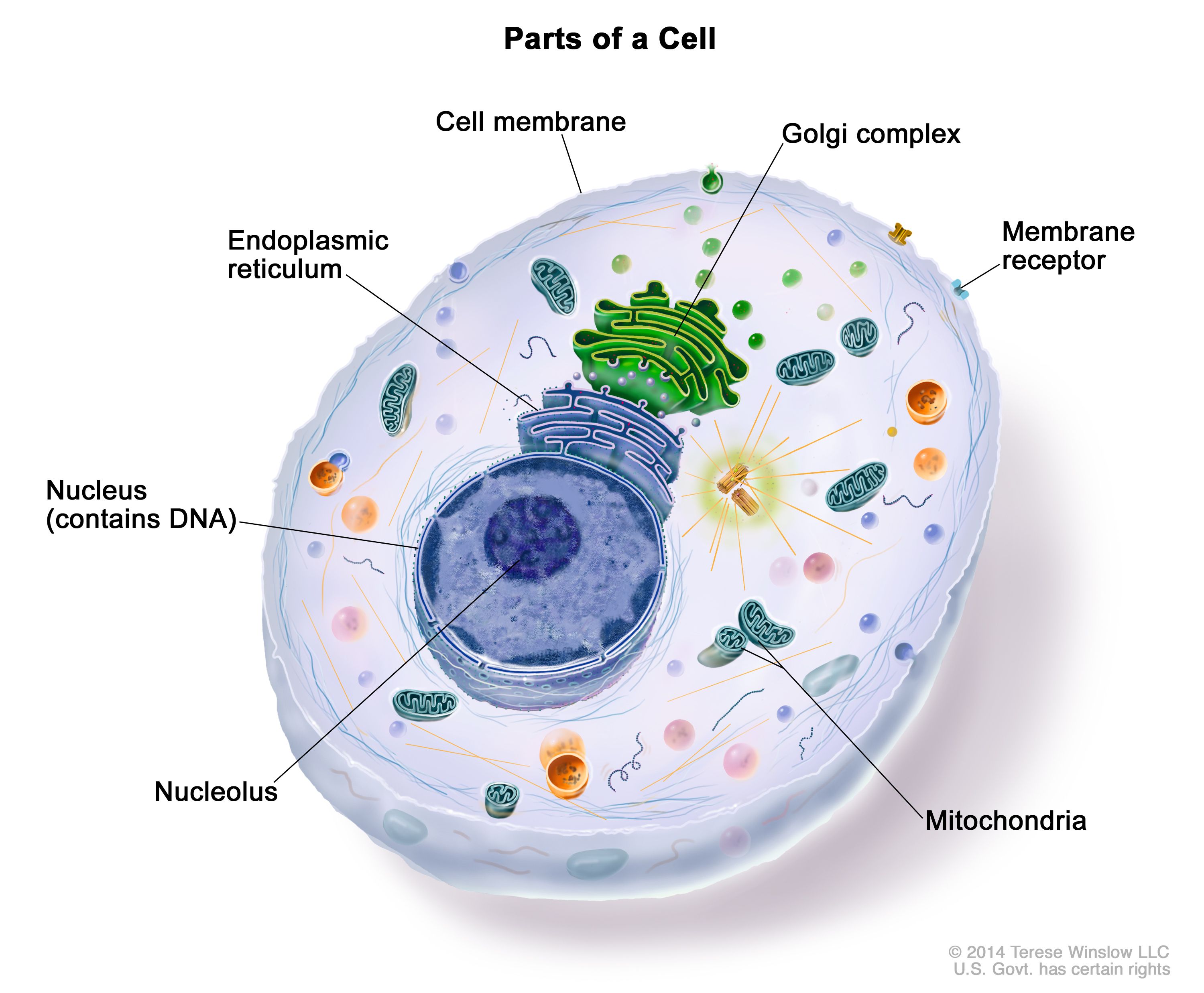
Plasmalemma or plasma membrane.
Cell membrane definition simple. The thin membrane that forms the outer surface of the protoplasm of a cell and regulates the passage of materials in and out of the cell. Proteins in the membrane control passage of ions like sodium or potassium or calcium in and out of the cell. A cell membrane is a border that covers every cell in a living organism.
The cell membrane is also known as the plasma membrane or plasmalemma. A cell membrane is a fluid flexible barrier on the outside of a cell that protects it. The cell membrane consists of a lipid bilayer that is semipermeable.
Cell membranes define cells and so are fundamental to our understanding of biology. Cell membrane also called plasma membrane thin membrane that surrounds every living cell delimiting the cell from the environment around it. Cell Membrane Definition.
It separates the cytoplasm the contents of the cell from the external environment. The cell membrane is a thin flexible layer around the cells of all living things. The structure separating an animal cell from its environment or a plant cell from its cell wall.
A cell membranes phospholipids and proteins arranged in a bilayer give it semi-permeability allowing some. The cell membrane also known as the plasma membrane is a double layer of lipids and proteins that surrounds a cell. All cells have a cell membrane syn.
The cell membrane also known as the plasma membrane PM or cytoplasmic membrane and historically referred to as the plasmalemma is a biological membrane that separates the interior of all cells from the outside environment the extracellular space which protects the cell from its environment. The cell membrane is a continuous sheet that separates the inner part of the cell from the external environment. Cell Membrane Plasma Membrane Cell Membrane Plasma Membrane.
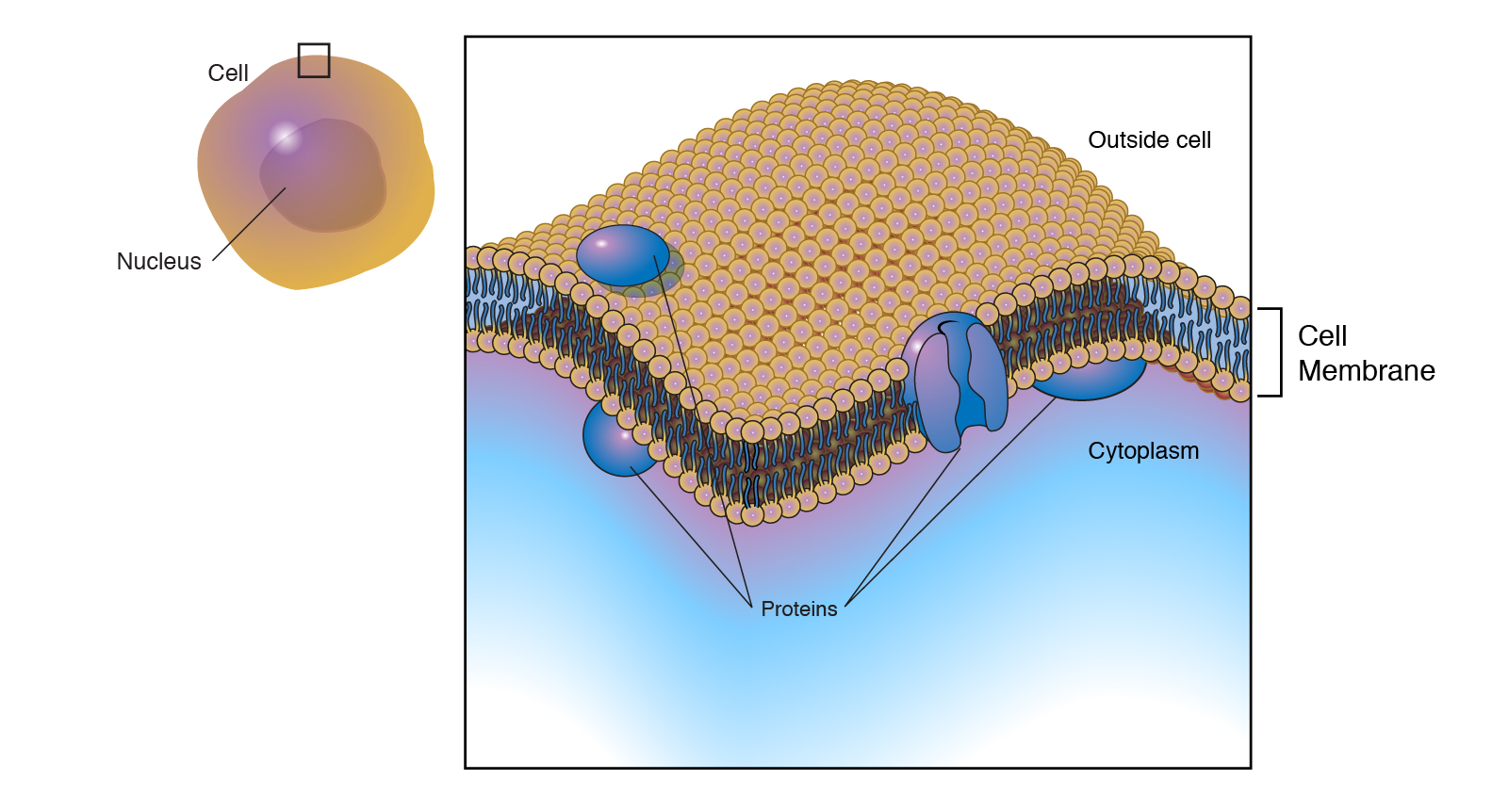
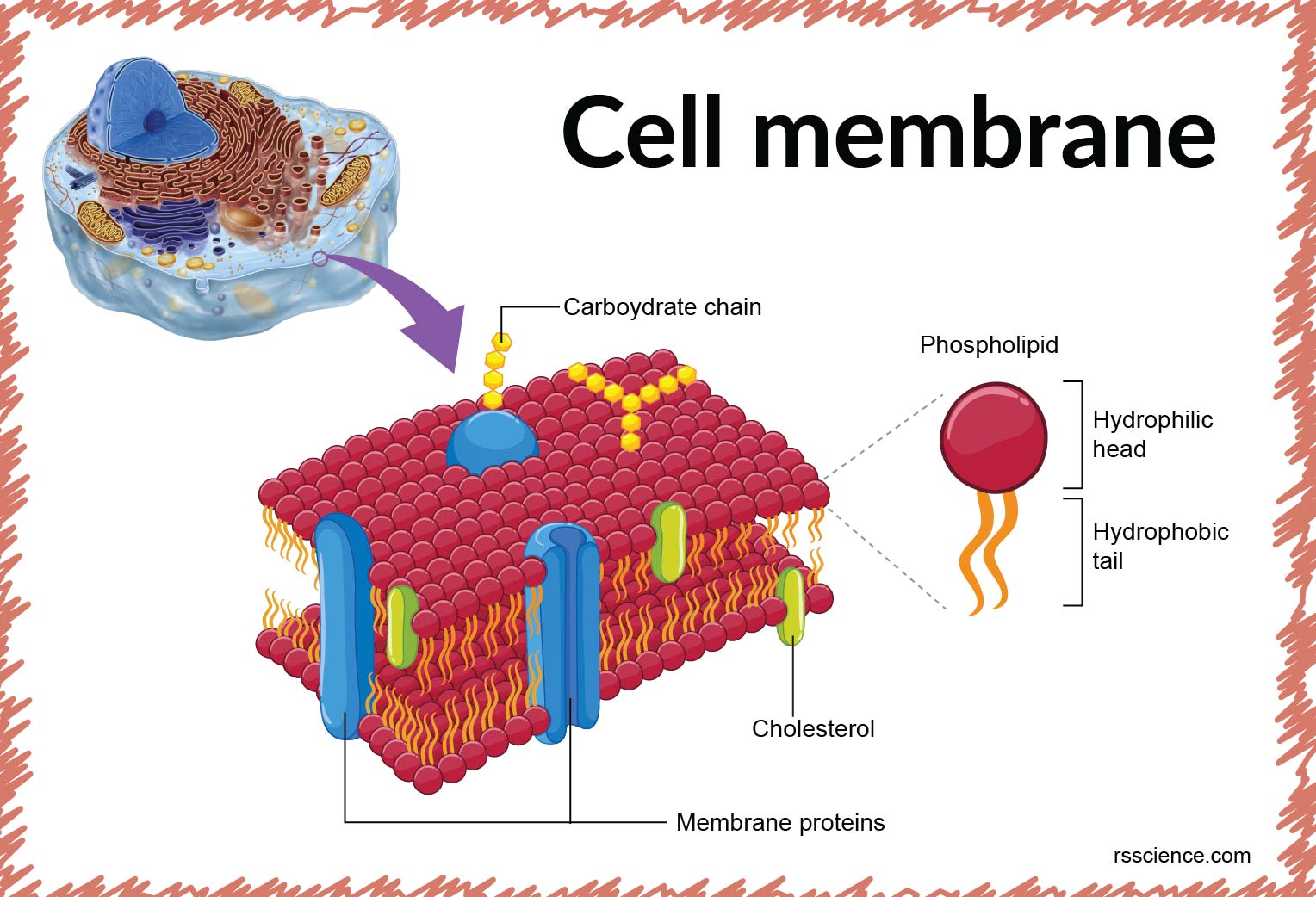
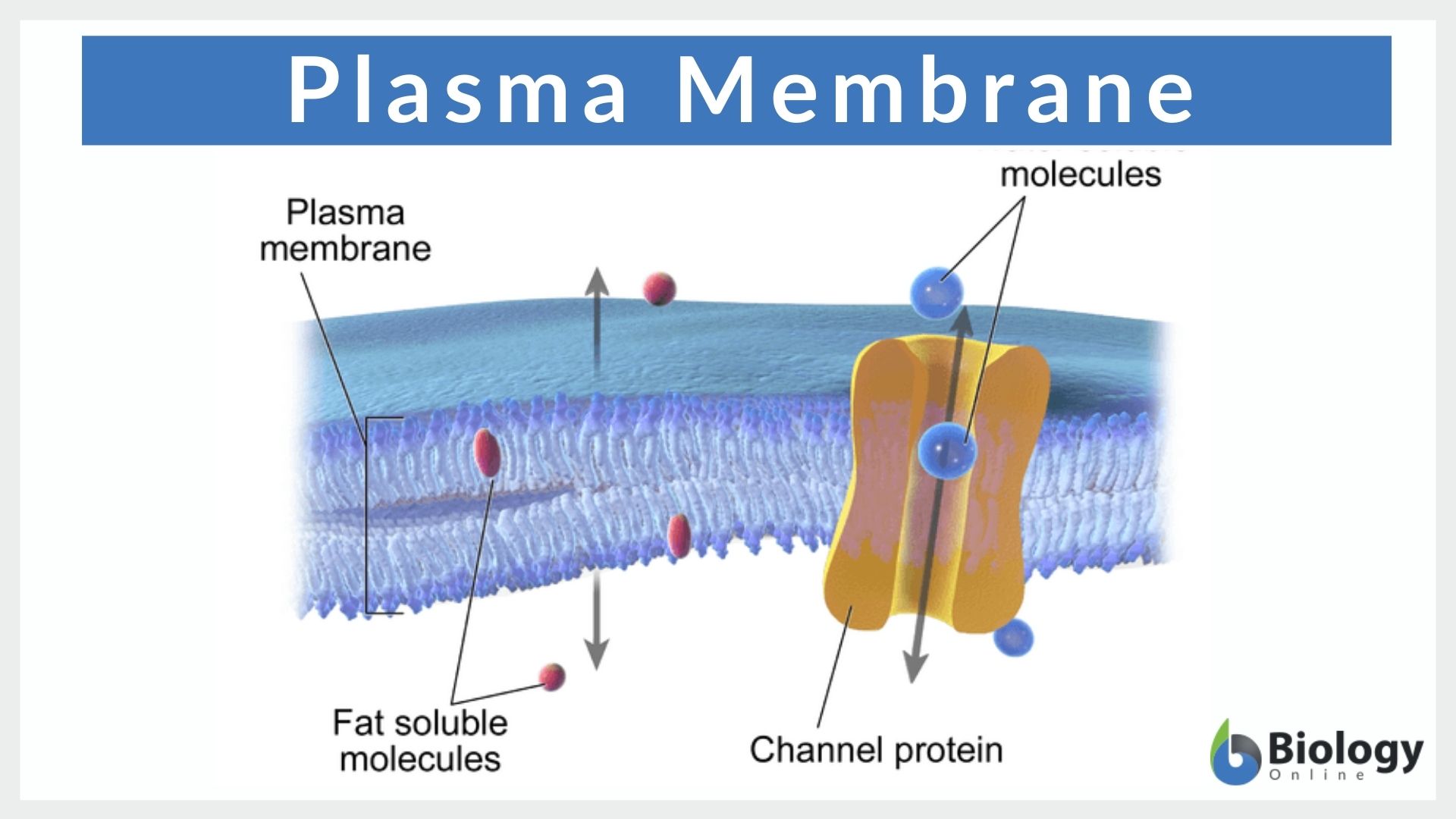







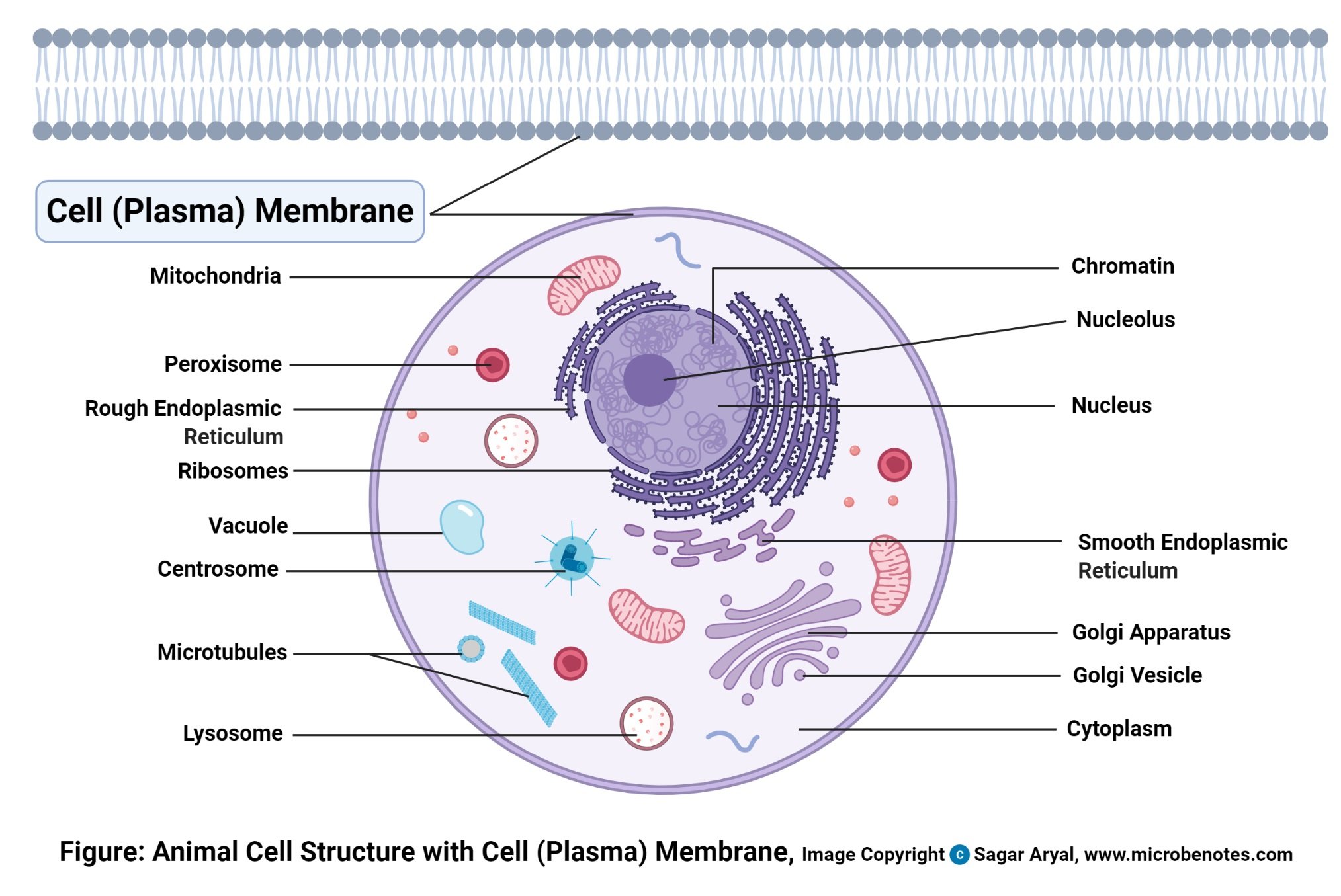
/pinocytosis-594d611e5f9b58f0fc2c5b8f.jpg)

/endocytosis-5ad64d57c0647100386364bb.jpg)


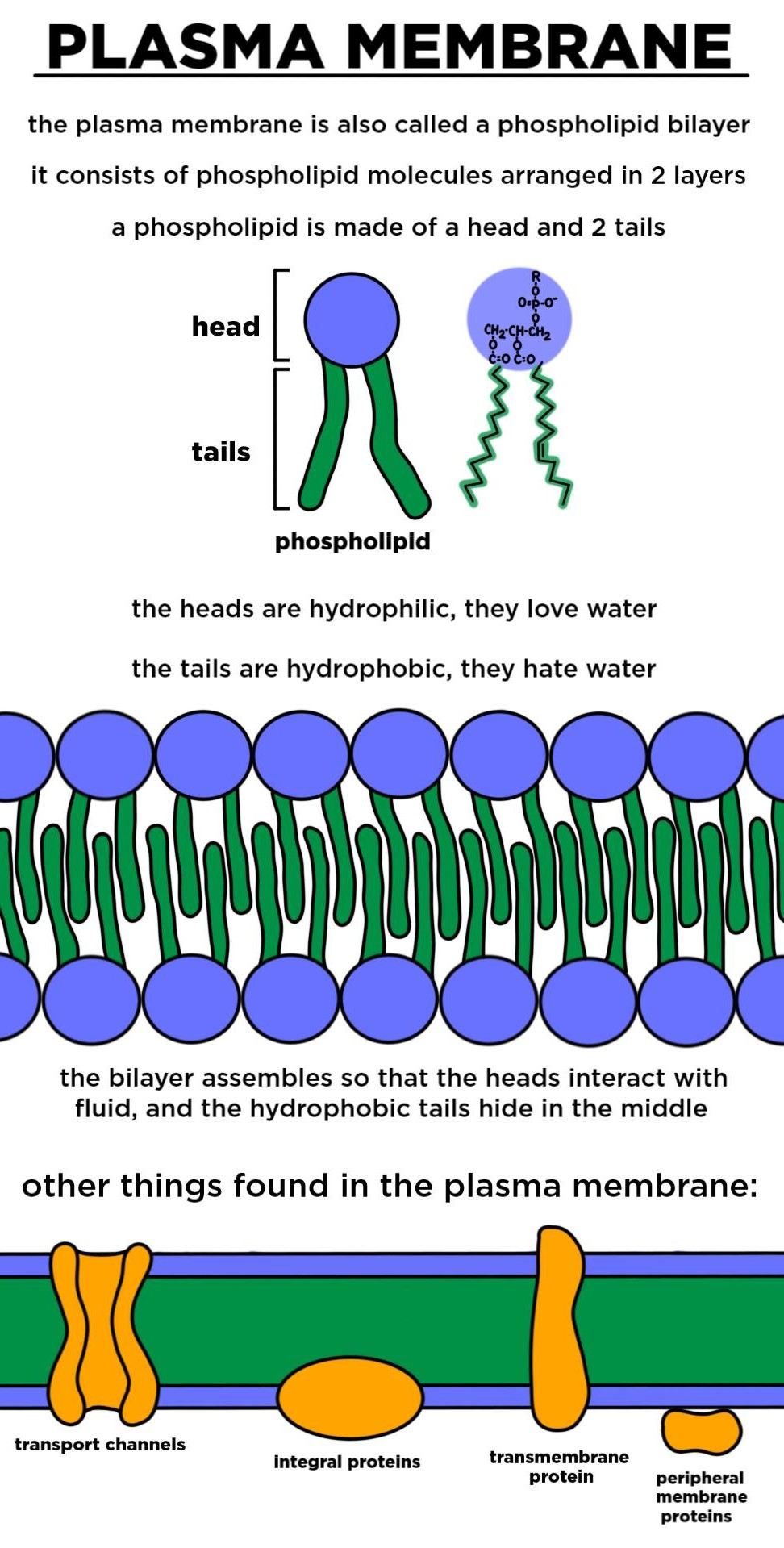
:max_bytes(150000):strip_icc()/endocytosis_pinocytosis-5ad652db1f4e130038c4847b.jpg)
